AUGUSTA — Gov. Paul LePage implored lawmakers Tuesday to work on a bill designed to protect the elderly from tax lien foreclosures, saying that in the last year alone, 12 elderly Mainers have lost their homes to foreclosure.
LePage spoke at length to members of the Joint Standing Committee on Taxation at the State House during a work session on L.D. 1629, An Act to Protect the Elderly from Tax Lien Foreclosures, which he initiated and which is sponsored by Rep. Ellie Espling, R-New Gloucester.
The governor cited a case involving Richard and Leonette Sukeforth, now both 81, who were foreclosed on in 2015 by the town of Albion, which took the Lovejoy Pond shorefront house and land for nonpayment of taxes. On the day the foreclosure was completed, the town refused to accept a Sukeforth friend’s offer to pay the taxes. Instead, the town sold the property in a sealed bid for $6,500 to the grandson of Sukeforth’s next-door neighbor. The Sukeforth friend submitted a sealed bid for $6,000, just $500 less than the higher bid.
LePage tried to help the Sukeforths when he learned of the foreclosure, but to no avail.
In his remarks to the taxation committee today, the governor said the market value of the Sukeforth’s property was $70,000 to $80,000 and Richard Sukeforth, a military veteran, had worked all his life for what he had and lost everything in the foreclosure.
Furthermore, LePage said, the man who bought the property from the town evicted the Sukeforths from the house in the dead of winter as Leonette lay bedridden in the home. The house was torn down and a new building was constructed in its place.
Calling the case “egregious,” LePage specifically urged legislators to ensure that, during the 18 months it takes for a foreclosure to become complete, a town official or another person sits down with the homeowner to discuss alternatives, which could include a tax abatement, a small mortgage or a reverse mortgage.
“The only intention here is for communities to have compassion for the elderly in their communities,” he said.
Second, he asked the committee to ensure the bill mandate that if a municipality does foreclose and sell a person’s property, the homeowner will receive the balance of the property’s market value once the taxes, interest and fees are paid.
LePage said lawmakers will get to meet Richard Sukeforth, as he plans to bring him to the Capitol next week, on Feb. 13, for his state of the state address, which he did last year. The governor said he also plans to discuss the Sukeforths’ fate in a radio message and in op-ed columns.
He told the committee that, in his many years as a city councilor and mayor of Waterville, the city never foreclosed on an elderly person, as he, the city manager or both would work with the homeowner.
“I am a public servant,” LePage said. “The public is the customer and we ought to treat them with respect.”
Taxation Committee Chairman Sen. Dana L. Dow, R-Lincoln, asked LePage whom he would want committee members to work with on the bill. LePage cited his chief legal counsel, Brent Davis, as well as Nick Edelson, a representative for the state Department of Health and Human Services, who also is one of LePage’s senior advisers.
After the discussion Tuesday with LePage, the committee voted to table the matter to allow more time to work on the bill. The committee could have voted ought to pass or ought not to pass.
Committee members and municipal officials at a public hearing on the bill Jan. 25 questioned whether the requirements of the bill would cost money and place a burden on town officials who are not trained to serve as mediators. Committee member Rep. Matthew Pouliot, R-Augusta, raised that issue Tuesday with LePage, saying he is concerned the bill would force a tax assessor, for instance, to be put in the position of giving financial advice.
LePage said what he proposes would not cost any money at all and that he does not think the person who would help the homeowner should be a tax assessor. It should be a public servant, according to LePage, and could be a town or state official or someone knowledgeable about housing. He said he has enlisted help from Pine Tree Legal Assistance Inc. in such matters over the years and the office has always been helpful.
“There’s many different ways that you can help the elderly stay in their homes as long as they can,” he said.
Rep. Gay Grant, D-Gardiner, said she and others share LePage’s concern for the elderly and that some cases are heartbreaking. But she asked LePage for more data, saying the committee needs to know the scope of the problem — how many people have been affected — because they got “two sets of data” at the Jan. 25 hearing.
LePage said he would provide information about the scope of the foreclosure issue in Maine.
“If it happens once, ma’am, it’s too much,” he said.
Grant agreed that once is enough.
“I’d like the numbers and what are the legal holes we need to fill to solve that problem,” she said.
LePage described Mainers who grew up during the Depression as “Depression babies,” who typically do not want to ask for help and do not know where to seek it.
“These folks very seldom ask for help, and they just take what’s handed to them; and in some cases, it’s unfortunate, because they’re taken advantage of,” he said.
Rep. Bruce Bickford, R-Auburn, said an issue the committee ran into in discussions about the bill is that someone worth $5 million or someone worth $20 could stop paying taxes if they chose, and after they die, their heirs would have to face the issue. He raised the question about whether property owners could receive “means testing.” LePage said he did not object to means testing.
Albion officials have said the town paid the Sukeforths’ taxes in past years when the couple did not pay. When they told Richard Sukeforth in 2015 that his property would be taken, he still did not pay his taxes. But family members said they think he suffered from dementia and did not realize the magnitude of what was going to happen.
Amy Calder — 861-9247
Twitter: @AmyCalder17
Send questions/comments to the editors.


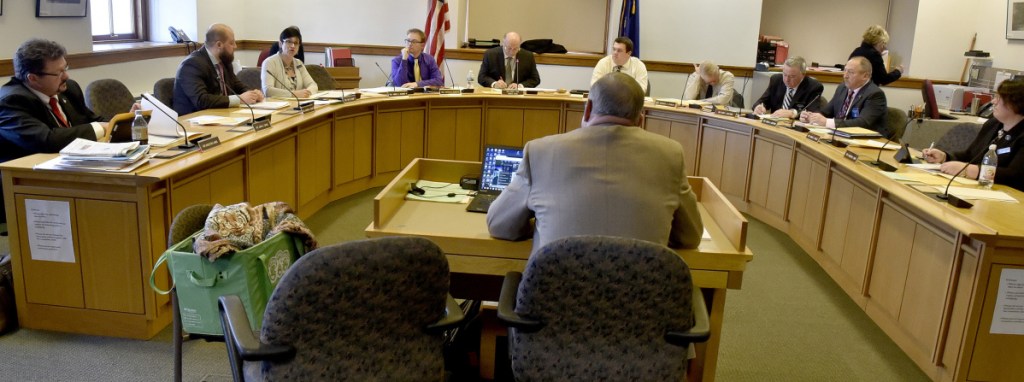
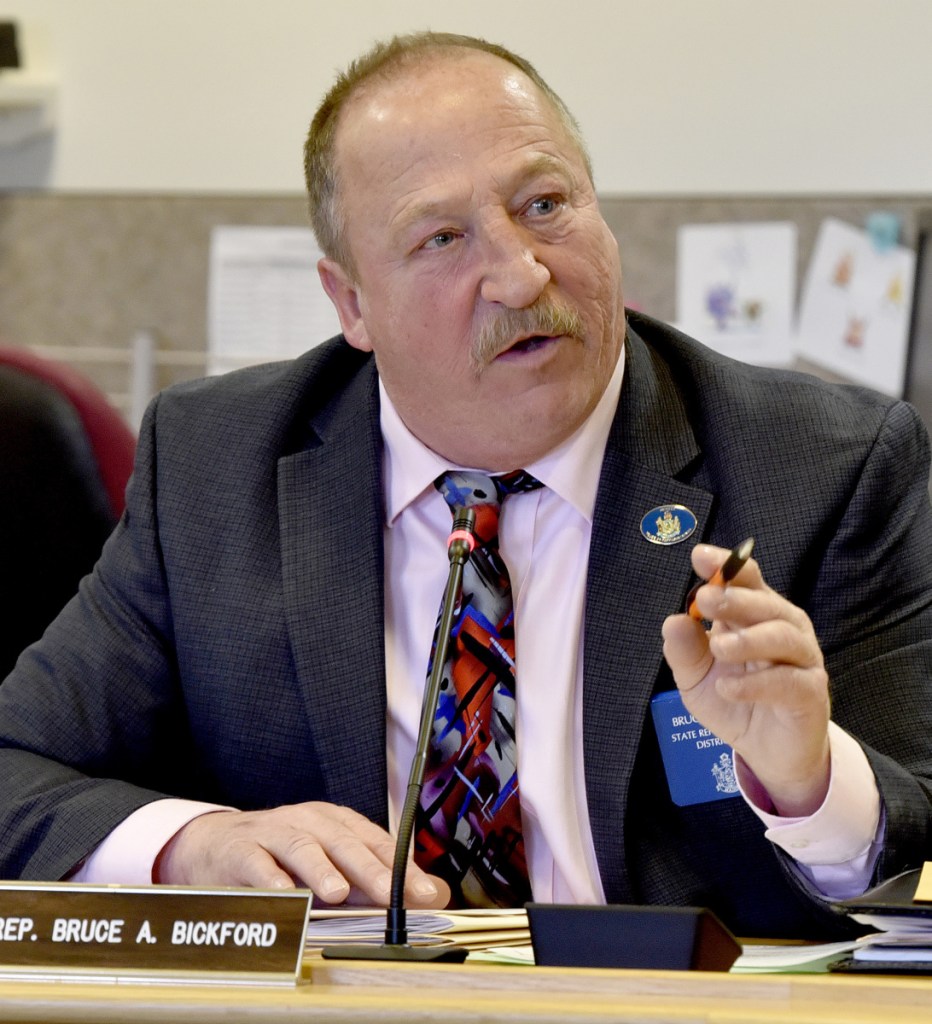


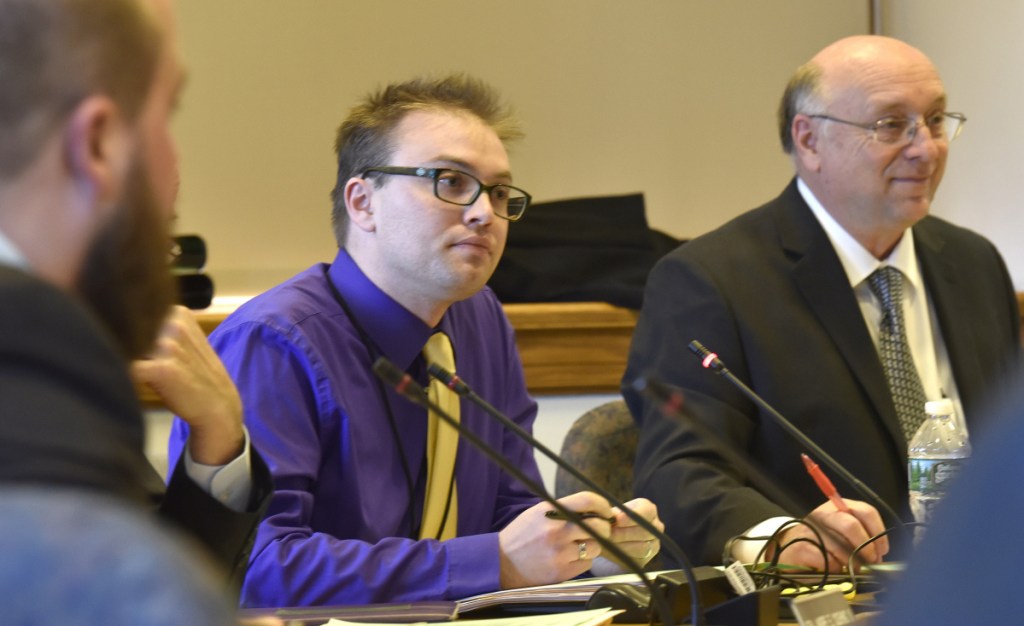

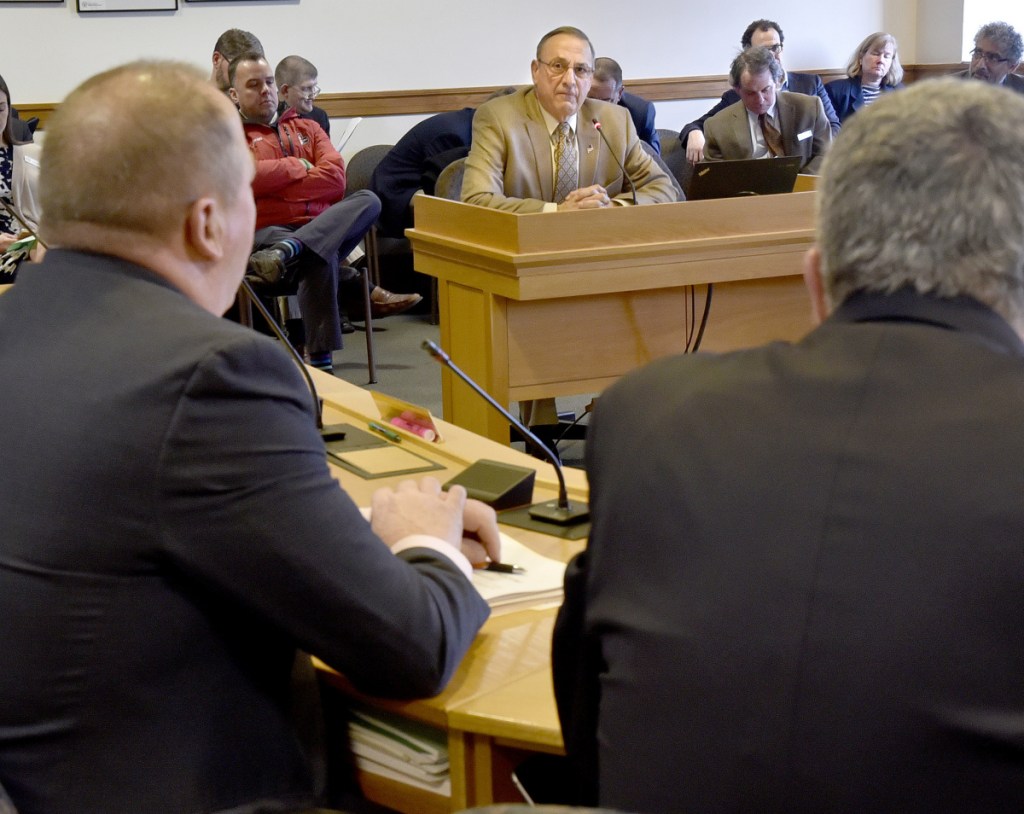

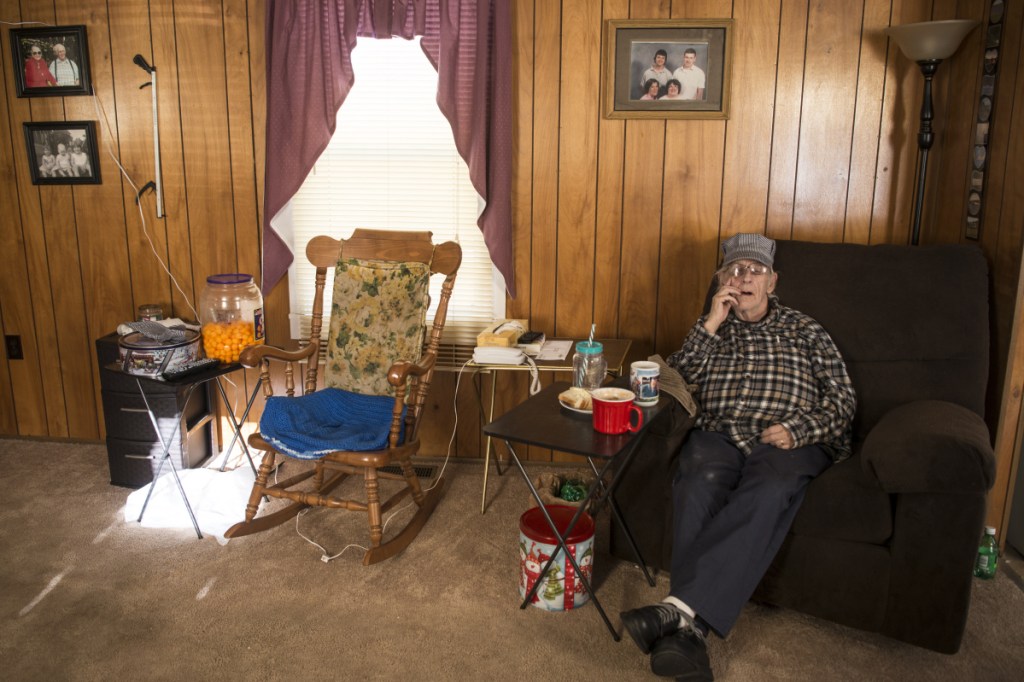
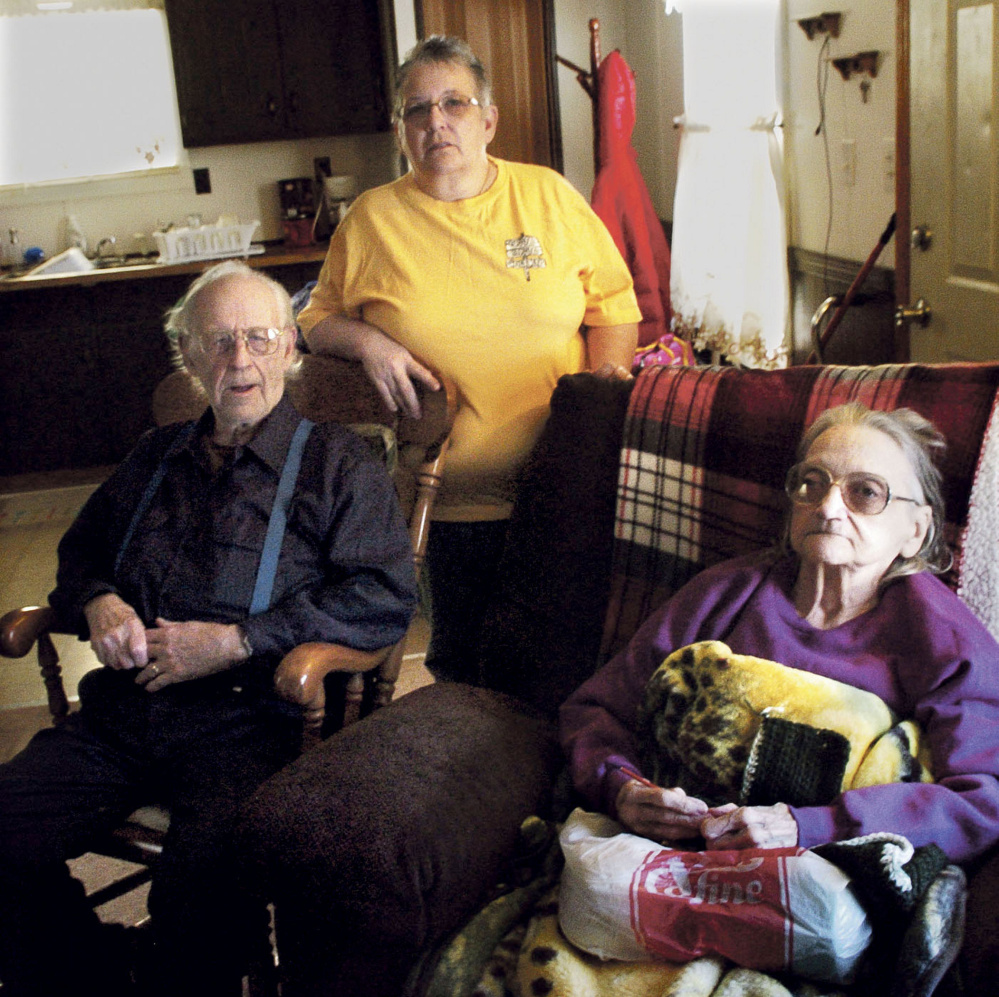

Comments are no longer available on this story